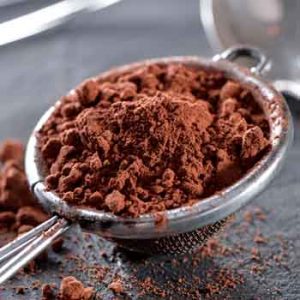
More evidence that low-calorie sweeteners are bad for your health
Studies show that artificial sweeteners can raise the risk of hypertension, metabolic syndrome, type 2 diabetes and heart disease, including stroke.

Natural Health News — Combining marine fish oil, cocoa extract and phytosterols into a dietary supplement could offer new hope in the fight against heart disease, a new study suggests.
The laboratory study by Welsh scientists examined the potential of combining the three ingredients as a means of preventing atherosclerosis or ‘furring’ of the arteries.
Dr Dipak Ramji from Cardiff University’s School of Biosciences who co-authored the study said: “A variety of active food ingredients have been shown to impart beneficial effects on cardiovascular disease although little is known regarding their actions when taken in combination.
» Atherosclerosis – clogging of the arteries – is an important risk factor for heart disease.
» Current therapies for atherosclerosis have proven largely ineffective and some, such as using statins for lowering cholesterol, have worrying side effects.
» Welsh researchers have found that by combining some superfood nutrients, including marine oils and cocoa flavonols, they may have found a natural combination that is effective.
Therefore the team set out to examine what happens when you combine omega-3 polyunsaturated fatty acids (found in marine fish oil), flavanols (found in cocoa) and phytosterols (found in amaranth, sunflower and sesame seeds, avocado, asparagus, okra, beet tops and other leafy greens).
Using a series of cell-based experimental models, the study, published in the journal PLOS ONE, found combining the three ingredients helped inhibit key processes associated with the progression of atherosclerosis and could point the way to effective treatment in the future
Atherosclerosis is the major cause of heart disease, killing approximately one individual every 34 seconds and responsible for around a third of all deaths worldwide.
Current therapies against atherosclerosis are not fully effective and there have been numerous recent disappointments on conventional treatments, such as cholesterol lowering statins, that have further limited the options for those at risk.
“Ultimately,” says Ramji , “our common goal is to help prevent people from developing atherosclerosis”. This work he says, “opens up new avenues for further research on the use of nutritional products in the prevention and treatment of the condition.”

Please subscribe me to your newsletter mailing list. I have read the
privacy statement